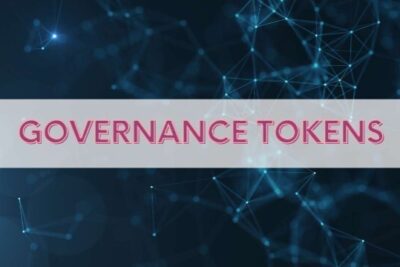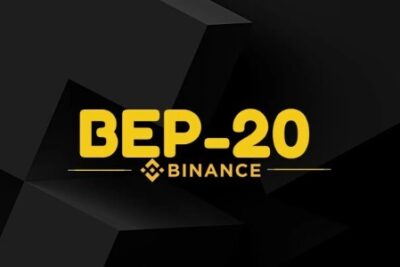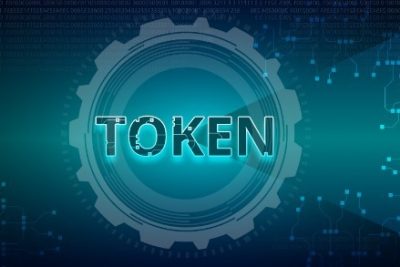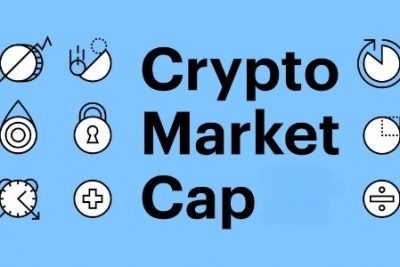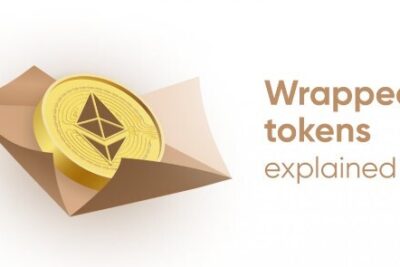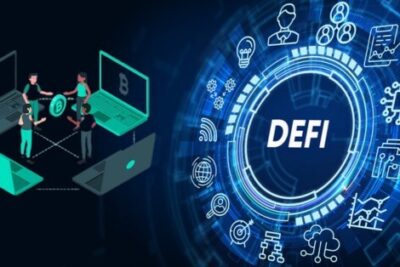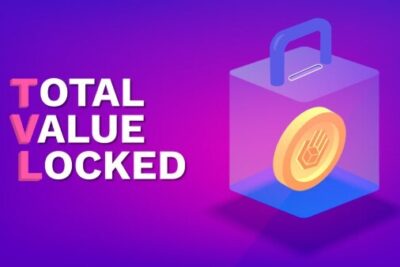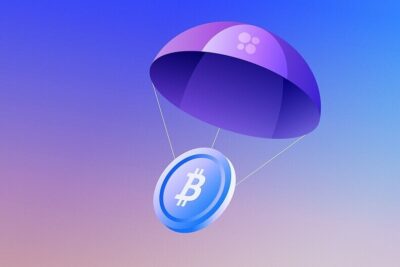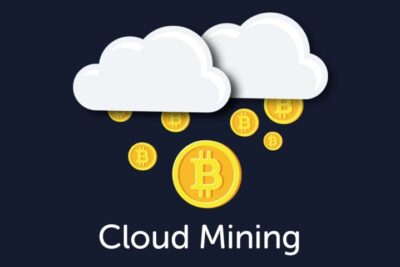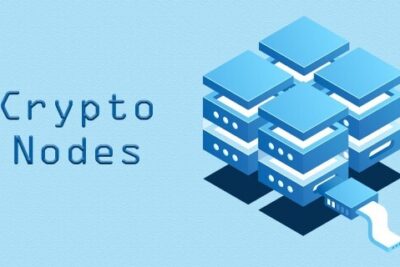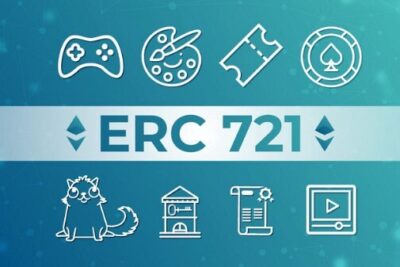

Completely Guide Of Governance Tokens – The Backbone Of Any Crypto Projects
25 May 2022
Tokens are the center of Web3 and the cryptocurrency sector. In general, there are two sorts of tokens: fungible tokens and non-fungible tokens, commonly known as NFTs. In turn, these tokens might serve many functions. Other potential token kinds include, among others, platform, security, utility, and governance tokens. Governance tokens play a crucial part in the decentralization of the internet, a crucial feature of Web3.
If blockchain enabled the decentralization of the whole system, then governance tokens enable the decentralization of the entities inside the system.
These tokens play an important role in dispersing control of blockchain projects throughout their respective user groups.
What is governance tokens, how it works, as well as what are the benefits and drawbacks of governance token? All of these questions will be explained to you in this today’s bePAY insight post.
What Is A Governance Token?
Governance tokens are crypto tokens that interact with a blockchain’s smart contract to offer holders voting rights for the project. They are similar to a little voting chip sent to project participants to approve or reject suggested modifications. This implies that everyone possessing a governance token has the ability to directly influence the direction of a protocol.
Each token gives its owner a voice in the ecosystem, so developers, bigwigs, and miners do not make choices in isolation.
The beauty of a governance token is that it enables projects to become totally decentralized and autonomous, establishing and rallying a community by distributing power to the users in a structured manner — at this point, hierarchy is no longer required.
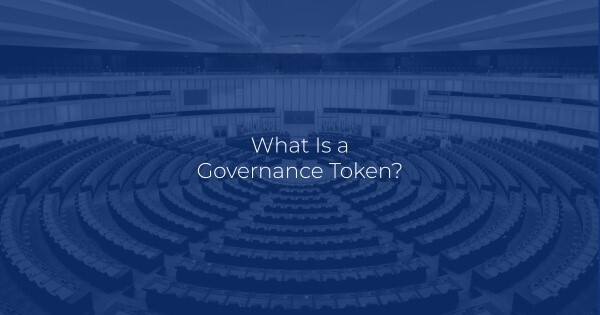
What is a governance token?
This has already affected how we organize and what we anticipate. Governance tokens have allowed the burgeoning ecosystem of DAOs, for instance, allowing token holders to build a true community and be heard within it.
This implies that all types of DAOs, including creative projects, automated market maker (AMM) DAOs, investment DAOs, and metaverses, have been created by the notion of a token that enables the community to manage the project and what is a governance token.
Exists a distinction between Governance token vs utility token? If this is the case, which one is better, and why?
We’ve already discussed governance tokens, so let’s get right into utility tokens. The added background will assist us in determining if one crypto category is superior to another.
Utility tokens are digital assets with some type of utility, to put it quickly. This functionality is often limited to the original blockchain network or cryptocurrency platform. BNB is a nice utility token example. The asset is used for a variety of functions on Binance, such as paying fees, voting on new token listings, and purchasing ‘entry fees’ for services such as the Binance Launchpad.
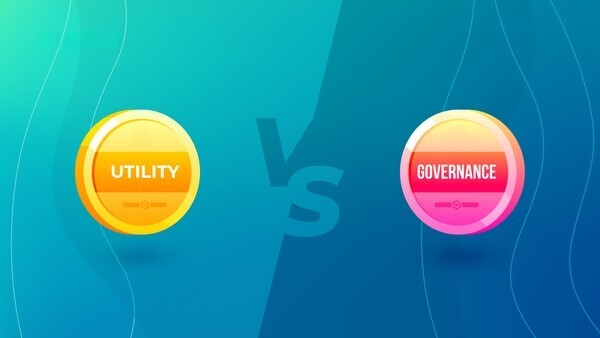
Governance token vs utility token
>> If you still query for further information on utility tokens we have composed an already article for you.
The essential distinction is that utility tokens lack governance authority. Users of Binance may actually vote on token listings, however, nothing else can be altered. Users cannot use BNB to vote on other, more crucial changes or to alter the appearance or functionality of Binance.
Governance tokens are an improvement over utility tokens. Therefore, they could as well be the best choice. As discussed earlier, governance tokens may also be utilized for other activities, such as staking and loan creation, therefore there is no reason to choose utility tokens over governance tokens.
What Tokens Are In Governance Token List?
It seems that every new project launched today has a governance token. While governance tokens are not appropriate for all protocols, they make a great deal of sense for others. Listed below are instances of governance tokens with compelling use cases and intriguing usefulness beyond conventional voting rights:
- Maker – MKR is on the Governance token list and is often regarded as one of the first governance tokens in DeFi. MKR token holders vote on-chain on a variety of subjects, including DAO governance procedures and new collateral kinds.
- Uniswap – UNI has the greatest market capitalization of any governance token at the time of writing ($3.8B). It is a pure governance token in the sense that its usefulness is limited to allowing token holders to vote.
- veToken Finance – allows DeFi users to increase their yield and farming rewards without compromising liquidity, lock in tokens for long-term ownership, and produce maximum benefits, all while engaging with little work in DAO governance.
- RAI Protocol – the decentralized, non-pegged stablecoin protocol’s governance token FLX provides a backup should the protocol fail and allows holders the authority to regulate more complicated protocol elements.
- AAVE – AAVE token holders are the ones who assume the protocol’s risk and make more concrete contributions to the system. As such, they have a vested stake in the protocol’s functioning, safety, and behaviour. This implies that AAVE holders have the opportunity to vote on issues pertaining to the Aave platform, which is crucial in the Web3 arena for lending and borrowing.
- Curve is a decentralized stablecoin exchange that leverages its governance token CRV as an incentive for liquidity providers to add stablecoins to their liquidity pools.
- Compound – (COMP) By either actively engaging in governance or delegating their voting rights to other addresses, COMP token holders govern and enhance the interest rates markets protocol.

Governance token list
What Are Pros And Cons Of Governance Tokens?
Governance tokens are more than evidently beneficial. What are their disadvantages, and how do they influence cryptographic protocols? Let us briefly describe the positive, negative, and ugly aspects.
Governance Tokens’ Advantages
Decentralization. The only option for developers to implement DeFi is using governance tokens. Without them, projects would consist only of smart contracts over which no one would have authority. Decentralization is the primary objective of digital assets, so why not include it in a concrete way?
Collaborative possibilities. Voting facilitates conversation, and conversation facilitates cooperation. When people may directly vote on an issue, they are motivated to engage with other community members and arrive at a conclusion via debate. Governance forums are the second-best social platform after Crypto Twitter for this reason.
More participatory communities. Governance increases community engagement because it gives people a purpose and a means to actively guide a project’s route and direction.
Efficient development. Although developers do not entirely abdicate their role in the decision-making process, governance models make it simpler for them to come to specific solutions and execute the alterations considered required by their community.
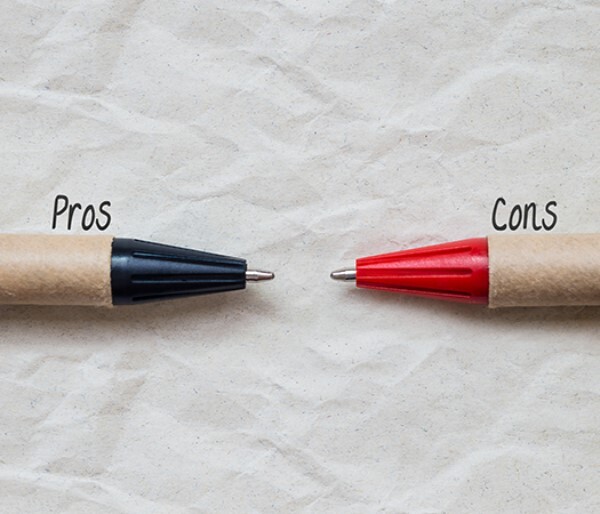
Governance token pros and cons
Governance Tokens’ Disadvantages
Selfishness. A person’s ability to vote does not guarantee that they will vote for the greatest potential result. Simply said, there will always be selfish actors who vote for choices that serve solely their own interests. Remember when the Maker community declined to compensate their own community during the March flash crash?
Lack of responsibility. In light of the above example, it is evident that democratic methods of government would never result in genuine accountability. If a choice fails, the community will always blame an undefined group that is invisible. Users will always point the finger at “the majority,” but no one would admit to being “the majority.”
Whales. Almost every governance model has a single whale that hoards the project’s tokens. Investors often worry that, at some time, a whale may, by sheer financial strength, acquire the majority of tokens and unilaterally submit proposals and reach a self-serving conclusion, which would be a nightmare for blockchain democracy.
FAQs About Governance Tokens
How Valuable Are Governance Tokens?
As a result of the community’s ability to co-decide via the token, nobody will feel ignored. Those who have invested in the platform make the choices, thus if the initiative fails, everyone will fail. If the initiative succeeds, everyone will benefit.
Also, developers will no longer be solely responsible for making choices; they will engage with the community. In this manner, no changes will be made without first going via the community, which naturally enhances the protocol’s openness.
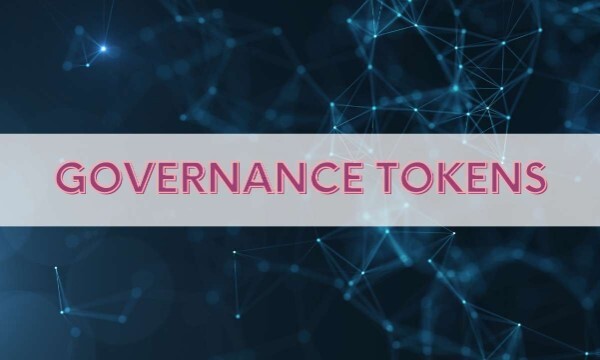
Governance token FAQs
What Are Governance Tokens Used For?
The primary function of governance tokens is to regulate the system, and the quantity a user has corresponds to their voting weight.
Governance tokens are utilized not only to participate and vote but also to get a return. This may be accomplished by lending out governance tokens, using them as collateral, or earning passive revenue with them.
What Might Individuals Vote On?
The alterations on which voters will be allowed to cast ballots might differ substantially. People will be able to vote on choices ranging from simple modifications to big cooperation, for instance. Listed below are examples of potential modifications:
- Modification of user interface (UI).
- Who and how many fees are allocated?
- Funds allocation for development (Devfund)
- Roadmap
- Recruitment of programmers
Closing Thoughts
Governance tokens are the fundamental building piece of the decentralized economy. Without them, developers would not be able to brag about how decentralized and superior their platform is compared to CEXs. They are the focal focus of the majority of DeFi initiatives today.
Similar to the Agora in ancient Greece, governance models are the focal point of political discourse. There are constantly fresh participants and suggestions in forums that aim to improve the project and boost its worth. What is the point of investing in a governance token if you want to undermine or destroy the platform?
Nonetheless, governance tokens are not perfect. By just amassing tokens, malicious actors are still able to carry out actions similar to 51% of attacks. With sufficient financial power, a whale may derail the whole enterprise and unilaterally make and approve choices.
However, it should be noted that it takes a considerable amount of time to reach this point. Until then, users have the ability to apply preventative measures and halt whales in their tracks.
